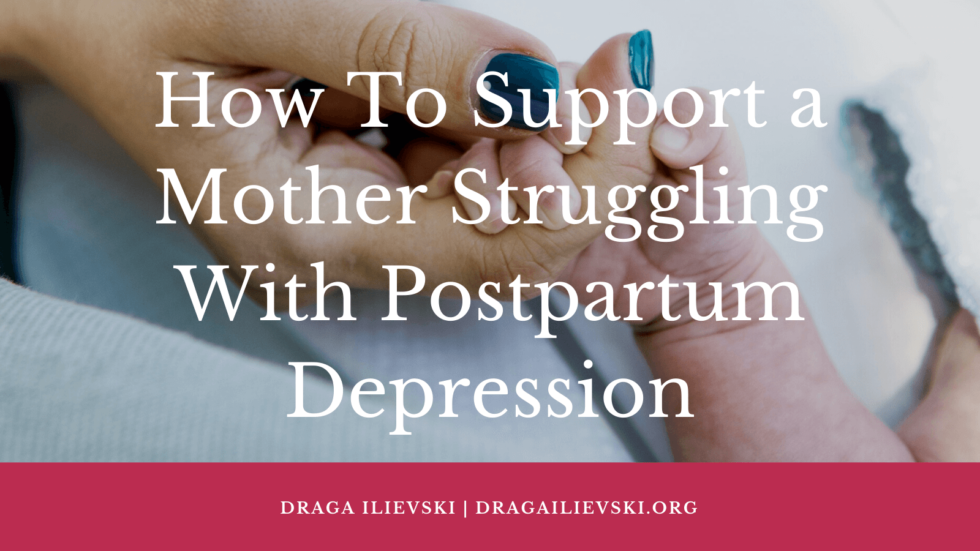Postpartum depression affects one in eight women in the United States, according to The Centers for Disease Control (CDC). The CDC also reports that depression diagnoses at the time of delivery increased seven times from 2000 to 2015.
Postpartum depression occurs after a mother gives birth. It is characterized by distinct symptoms and is more serious than the general worry, fatigue, and anxiety that a new mother will normally feel following delivery. In addition to the typical depression symptoms, postpartum depression symptoms include:
Thoughts of suicide
Crying excessively
Isolation or withdrawal
Excessive worry
Feeling disconnected from the infant
Thoughts of hurting the new baby
There are ways to support a new mother experiencing symptoms of postpartum depression. Most importantly, understanding the condition and providing support can help new parents cope with the difficulties that come with postpartum depression.
Practice Compassionate Listening
Contact the new mother on a daily basis. Whether it is an in-person visit or a quick text message, show support by communicating concern. Ask the new mother direct questions about how she is coping with the stresses of post-delivery recovery.
Avoid the temptation to act as a problem solver. Instead, focus on listening to the concerns the new mom may express. Suggesting answers tend to invalidate the concerns she is attempting to communicate. Compassionate listening involves affirming her concerns and offering support. Share related experiences so she feels less alone in her struggles.
Remind Her that She is a Person Outside of Her Parenthood
As natural as it is to ask about the new baby, make sure to ask specifically about the new mother, too. Postpartum depression combines with normal stress and fatigue, which can leave the new mother feeling like an extension of her baby’s care. Support her in ways that remind her she is an individual outside of being a new mother.
Get Real with Offers of Help
Talking things over with the new mother suffering from postpartum depression is an invaluable way to connect. However, performing real acts of service may go further to meet her needs. It may be difficult for the new mother to ask for what she needs.
Bring over a prepared meal, offer to sit with the infant and other children so that she can get a shower or a nap, or arrange for groceries to be delivered to her home.


